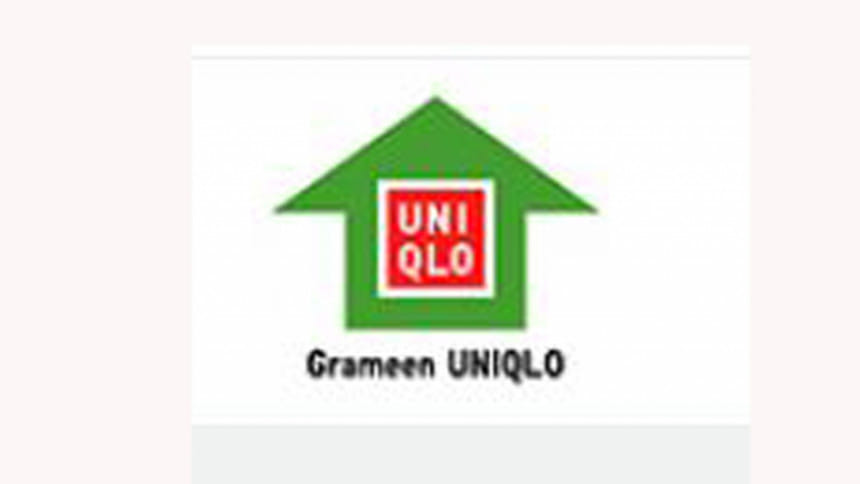Grameen Uniqlo winding up operations

In a surprise move, Japan's clothing giant Fast Retailing has announced that it is going to close all of the outlets of Grameen Uniqlo in Bangladesh, a decision that left its customers disappointed.
In 2010, Fast Retailing started the social business in partnership with Grameen Healthcare Trust with a view to tackling social issues such as poverty, health and education.
Social business, the brainchild of Nobel Laureate Prof Muhammad Yunus, is built on the principle of solving human problems in a sustainable business way, where owners are not interested in taking any profit except for the return of the original investment amount over a period of time. It is a non-dividend company aimed at solving social problems, not personal money-making.
As such Grameen Uniqlo started opening stores in 2013, mainly in the capital city of Dhaka, and gained popularity.
However, on Wednesday, the company, in a statement on its website said, "In view of Bangladesh's significant economic development in recent years, as well as changes to its business environment, Fast Retailing has determined that Grameen Uniqlo has fulfilled a certain role, and has decided to conclude its business activities."
Uniqlo Social Business Bangladesh Ltd, a wholly owned subsidiary, will shut all of its 10 stores by June 18 and the business will be closed down, it said.
"I am really, really, shocked and unhappy," commented one customer, Mahfuzur Rahman Lithu, on Grameen Uniqlo's official Facebook page.
Yunus Centre, which promotes the social business idea around the globe, expressed disappointment for the closure of Grameen Uniqlo.
"We are very sorry that Grameen Uniqlo has decided to close its business," said Lamiya Morshed, executive director of Yunus Centre.
She said Uniqlo is a well-known brand globally marketed through its stores, particularly superstores in megacities all over the world. Its products have attracted global attention and helped spread the message of Social Business.
"We have been very happy with this example of the success of a social business undertaken by a global company. It is sad to see Grameen Uniqlo closes after a great success. We accept Uniqlo's decision with a heavy heart," she said.
Initially, Grameen Healthcare Trust held a one per cent share in Grameen Uniqlo while Fast Retailing had a 99 per cent stake. Later, the one per cent share was also divested, making Uniqlo Social Business Bangladesh is fully owned subsidiary of Fast Retailing, according to Shoriful Islam, head of marketing at Grameen Uniqlo.
The profit made from the social business venture, which has been profitable, has been spent to promote social development and women empowerment and create jobs. A portion of the profit was used for business expansion.
"But Fast Retailing has never remitted profit from Bangladesh," Islam added, adding that about 40,000 have benefited from the initiative since 2016.
Fast Retailing, however, said it would keep its productions in Bangladesh.
"Fast Retailing remains committed to Bangladesh, one of its most important manufacturing locations. In 2008, the company opened a production office which contributes to the development of the local textiles industry, while partner factories in Bangladesh continue to produce Fast Retailing products, including Uniqlo items."
Islam said the initial investment in the venture was $4.6 million and the company employs 150 people currently.
"Some of the employees will be transferred to the production unit, while the rest will be laid off providing benefits in accordance with labour laws."
In its statement, Fast Retailing said it would continue to work to improve the lives of people in Bangladesh.
Its initiatives include a woman empowerment programme, launched in partnership with the UN Women in 2019 to support the development of women aspiring to attain leadership positions in garment factories, it said.

 For all latest news, follow The Daily Star's Google News channel.
For all latest news, follow The Daily Star's Google News channel. 



Comments